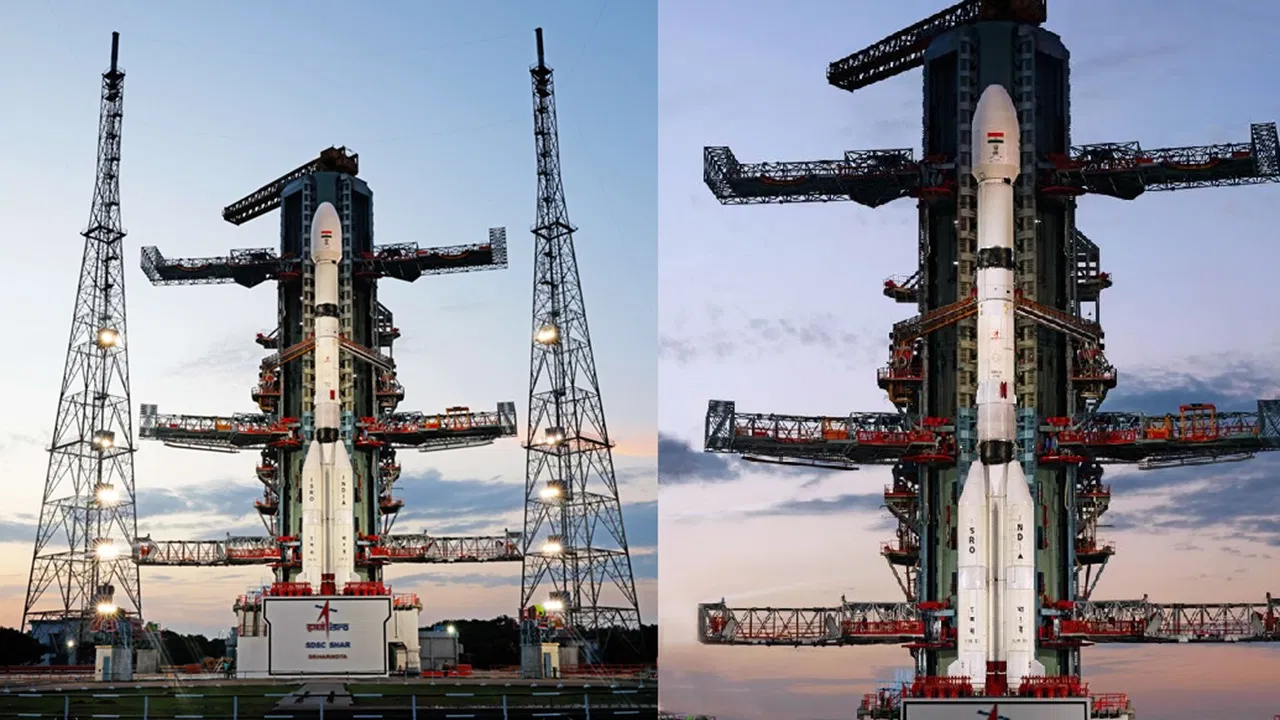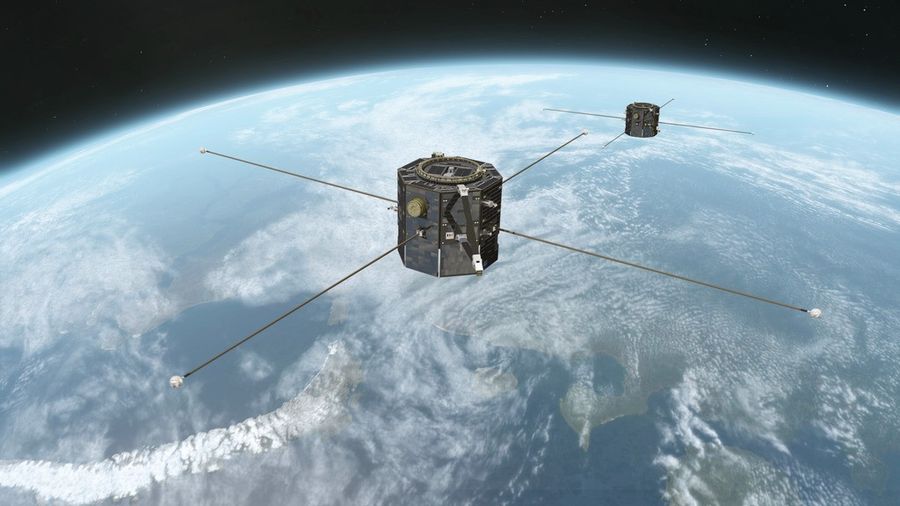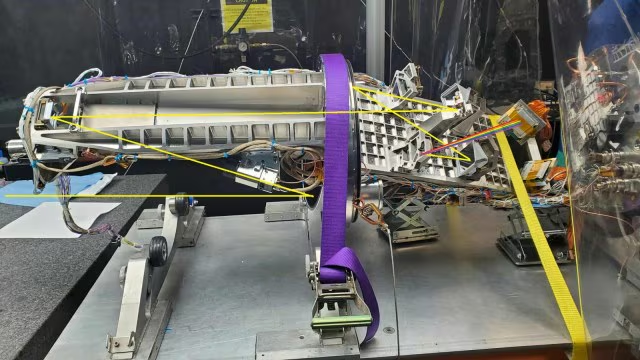Description
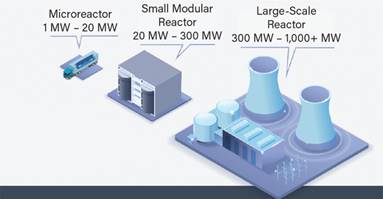
Disclaimer: Copyright infringement not intended.
Context
- India is taking steps for the development of Small Modular Reactors (SMR), with up to 300 MW capacity to fulfil its commitment to Clean Energy transition.
What are Small Modular Reactors (SMRs)?
- Small modular reactors (SMRs) are advanced nuclear reactors that have a power capacity of up to 300 MW(e) per unit, which is about one-third of the generating capacity of traditional nuclear power reactors. SMRs, which can produce a large amount of low-carbon electricity, are:
- Small – physically a fraction of the size of a conventional nuclear power reactor.
- Modular – making it possible for systems and components to be factory-assembled and transported as a unit to a location for installation.
- Reactors – harnessing nuclear fission to generate heat to produce energy.
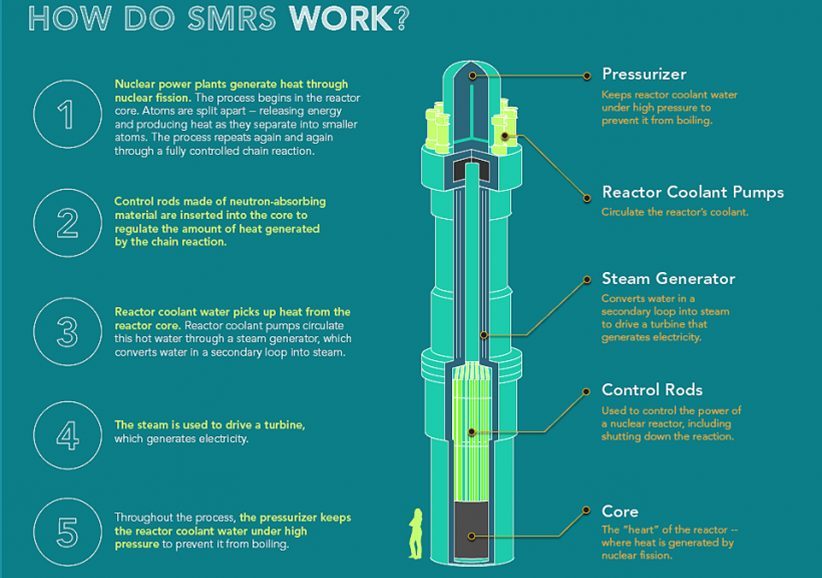
Advantages of SMRs
- Small Modular Reactors present numerous advantages, such as the reduction of costs and construction time.
- They also present a high level of inherent safety, since they use passive safety factors based on natural phenomena such as circulating the coolant using gravity or heat transmission with convection. This facilitates indefinite refrigeration without the need for any action from the operator, and without depending on external feeding or external water replacement.
- Low power and modular characteristics, which make it possible to build the reactor almost completely inside the controlled environment of a factory, as well as install it at its location, module by module. This improves the quality level and efficiency of the project.
- Power flexibility, so that they can easily be adapted to countries with smaller and weaker grids.
- The modules can be independently managed. Maintenance and refuelling outages can be done while the other modules are still in operation.
- Lower need for cooling water.
- The possibility to partially or totally bury the modules to improve their safety, especially their resistance to air strikes, as well as to improve their integration in their environment.
- They allow other uses,for example in seawater desalination plants or remote locations.

SMRs in India
- While India has already taken steps for a clean energy transition with penetration of non-fossil-based energy resources and achieving net-zero by 2070, nuclear in terms of baseload power can play a big role in the de-carbonization strategy.
- The role of nuclear energy will be critical for the clean energy transition of not just India but for the entire world.
- Being mobile and agile technology, SMR can be factory-built, unlike the conventional nuclear reactors that are built on-site, and can significantly save construction time. It's a promising technology in industrial de-carbonization, especially where there is a requirement of a reliable and continuous supply of power.
- These measures also conform to the Prime Minister's Aatmanirbhar Bharat goal, where India contributes significant value to the global value chain.








